Are you looking at your mountain of notes and panicking over your final exams?

Don’t stress! With the right approach, studying won't be a struggle, and you'll be able to improve your focus and remember what you've learned.
By following these 6 study tips for students, you'll be able to study smarter, not harder!
1. Plan to Succeed
Ever heard the quote, “A goal without a plan is just a wish”? If your goal is to ace your exams, start by creating a study plan! A clear study plan won't just help you reach your goal, it'll also help you study more efficiently and take away some of the stress from studying.

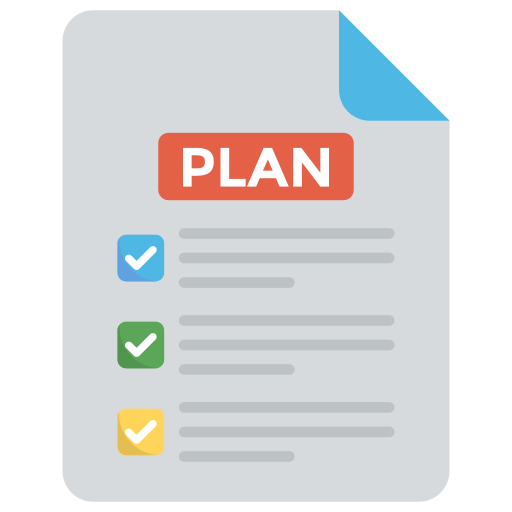
How do you create a plan?
Think about:
Which subject/topic is most challenging?
How many hours a day will you study?
What are your daily and weekly goals?
What do your current routine and study habits look like?
How often do you need breaks —and how long should they be? (Yes, plan your breaks!)
These are just a few prompts to get you started. Think about other factors that affect your focus, energy, and routine, and plan your schedule around them.
2. Use Active Learning
Ever find yourself unable to recall a chapter you JUST read? That might be because you were engaged in passive learning!
Passive learning is when you absorb information without engaging with it.Whether it's listening to a lecture or reading a textbook, passive learning is when you don't actively interact with the material.
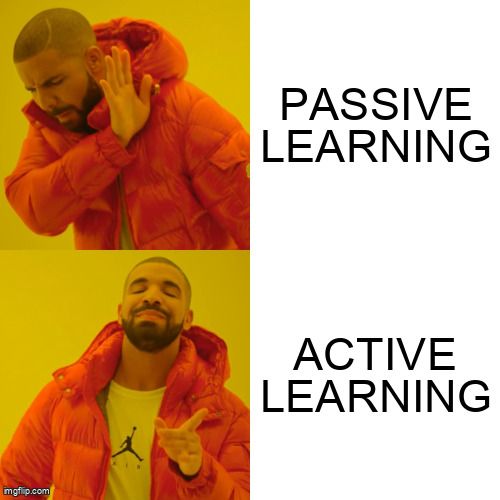
Active learning techniques are study techniques that actively work your brain. So instead of reading pages and pages of text, you think and act on the study material. Active learning not only makes the learning fun, it can also help you retain the information much better!
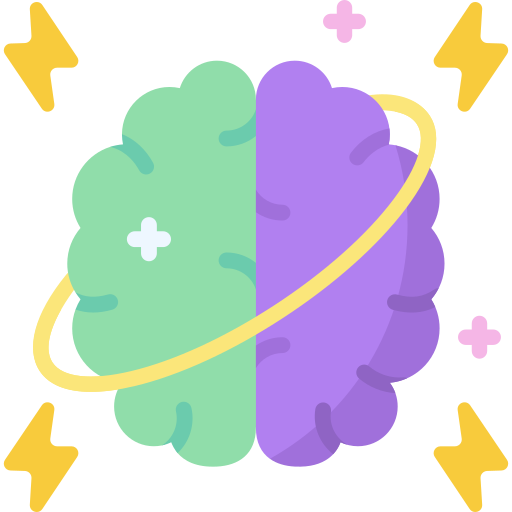
Try out these study tips for students:
Teach it: Teaching what you've learned requires your brain to process, recall, and explain the information in simple words.
Mind maps: Create a mind map that links connected topics. Creating a visual representation of the topics you’re learning will help you understand and remember the study material. Use your creativity to personalize your map!
Use analogies: Come up with analogies to link a topic to something you’re already familiar with. This pushes your brain to make connections, helping you to remember more effectively!
Quiz
Which of these study tips for students are examples of active learning? Select all that apply:
3. Find Your Style
There is no one-size-fits-all approach to learning. A study method that works for your friend may not work for you. Maybe you prefer studying on your own instead of a group study session. Experiment with different study techniques to find what works best for you!

Try out these study tips for students:
Experiment with these study techniques and see how you like them!
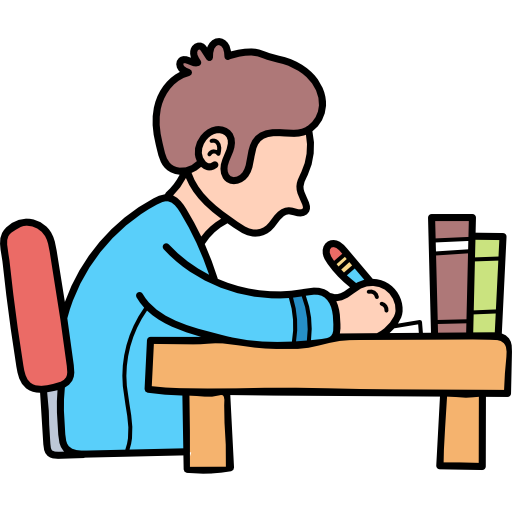
Use flash cards
Quiz yourself
Attend group study sessions
Teach a friend
Listen to lectures/podcasts
Write color-coded notes
Discovering your learning preferences is a trial-and-error process. It's best to experiment with different study methods when you have enough time. This will help you find what works best early on so you’re equipped with your preferred technique when final exams come around!
If you're curious about experimenting with effective study techniques, check out this article by Absolutely Studying for more study tips for students!
4. Take Breaks
It might feel like you're wasting time by taking a break, but it actually helps your brain to process and remember what you’ve learned. Studying for long periods without breaks can lead to burnout and demotivate you, but taking regular breaks can improve your productivity and focus.

Try out these study tips for students:
While scrolling through social media might be a tempting way to take a break, activities that relax your mind are better for the brain.

The next time you need a break, skip the scrolling and try one of these activities!
Go for a walk
Meditate
Dance
Take a shower
Take a short nap
5. Exercise
Exercise is not just for improving your physical health! Studies have shown that exercise also improves memory and cognitive function. Regular aerobic exercise increases the size of the part of your brain responsible for memory and learning. 
Try it out:
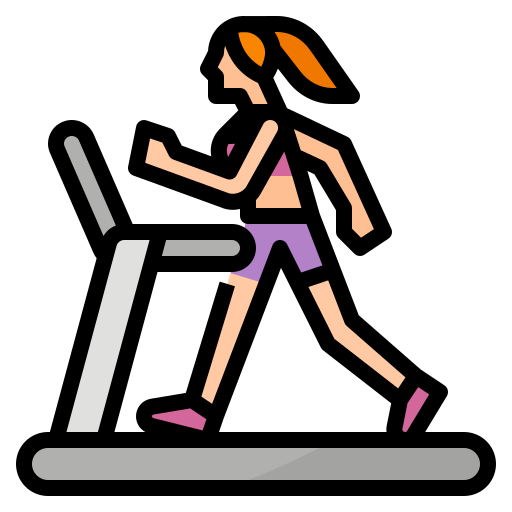
Make aerobic exercise a regular part of your routine. These are activities that get your heart pumping faster, like brisk walking, cycling, or dancing.
Aim for at least 150 minutes a week. That breaks down to:
About 22 minutes every day, or
30 minutes a day, 5 days a week (if you take weekends off)
Spending hours studying at your desk means your body isn’t getting much movement. Use your breaks to get your heart rate up to improve your memory and attention!
6. Sleep
When it comes to studying, you snooze, you win!
Research shows that a lack of sleep can negatively affect your ability to learn and memorize. You might think nothing much happens when you're fast asleep, but your brain goes into maintenance mode while you rest. It sorts all the information you learned that day and strengthens some of your memories.

Try it out:
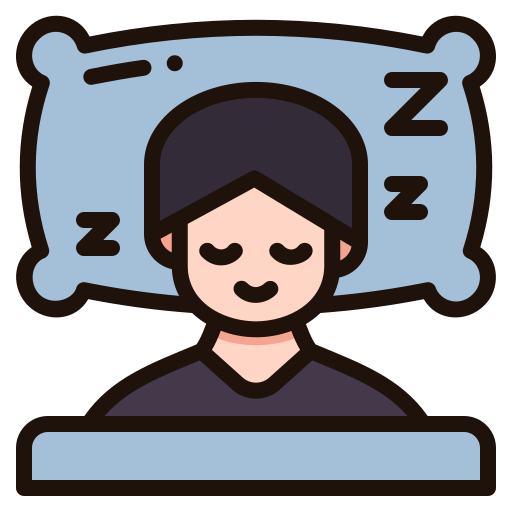
Aim for at least 8 hours of sleep every night.
Limit screen time before bed.
Create a nighttime routine to help you wind down.
It might be tempting to study all night, but you need a good night’s sleep to learn and recall effectively.
Quiz
Ariel has been studying for hours and doesn't seem to be getting anywhere. What can she do differently to help prepare for her exams? Select all that apply:
Take Action
With these study tips for students, you're equipped to take on your final exams like a champ.
Remember: study smart, rest well, keep it moving, and you'll do great!

Your feedback matters to us.
This Byte helped me better understand the topic.
